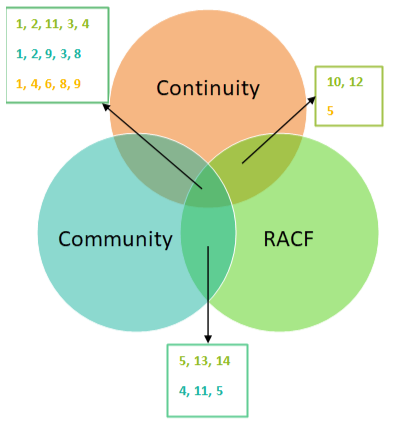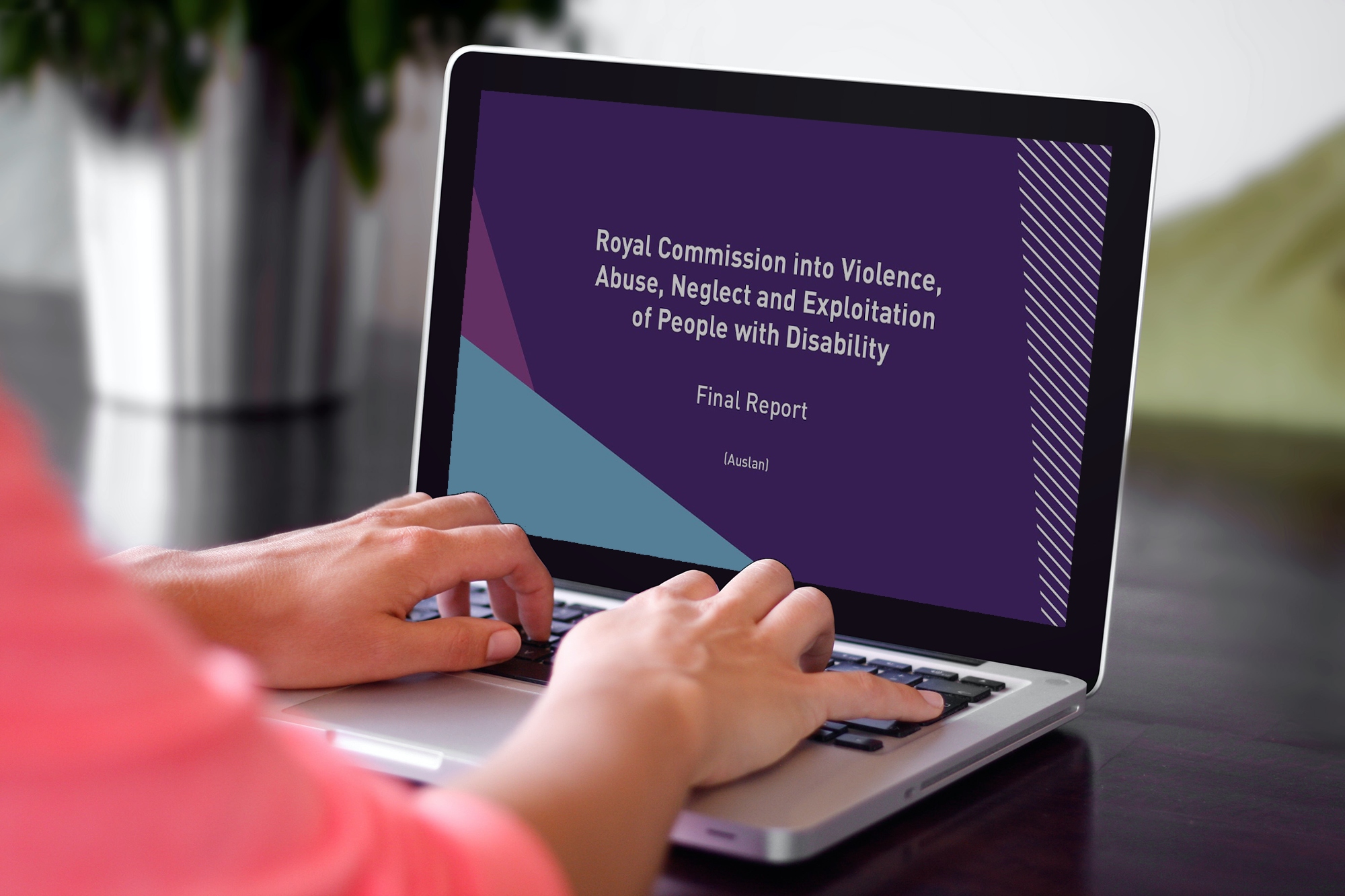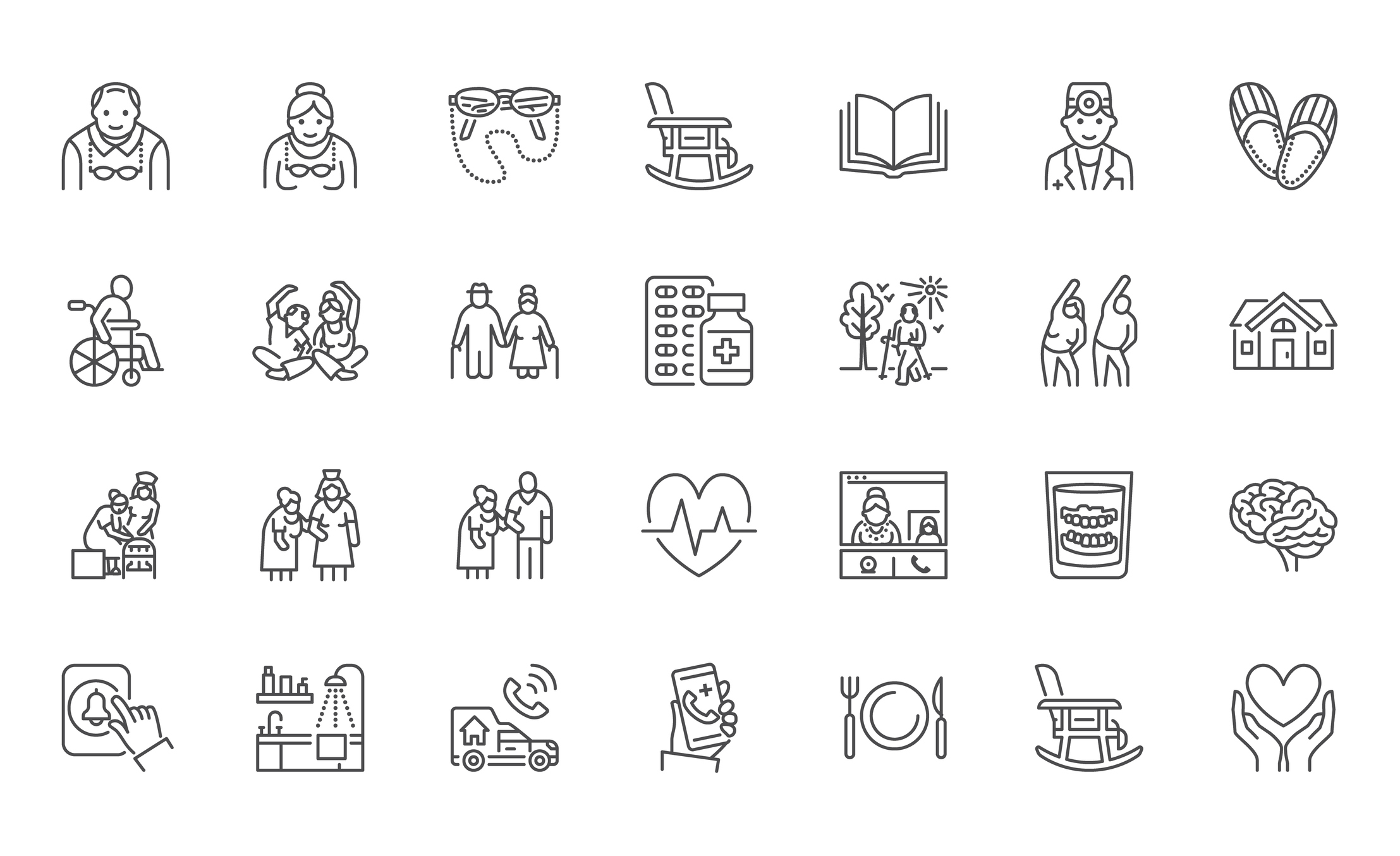A growing number of Australians are remaining at home as they age rather than living in residential aged care facilities. Many are moving into facilities at an older age, or when they develop conditions requiring greater care. In addition, the rise of polypharmacy (the use of multiple medicines by one person) and chronic disease raises increased challenges for medication management. In 2019, the Council of Australian Governments Health Council announced the Quality Use of Medicines and Medicines Safety as Australia’s 10th National Health Priority, in recognition of the increased risks of harm relating to the use of medicines.
The Department of Health and Aged Care has recently updated its Guiding Principles in response to this National Health Priority and the societal changes relating to medication management, with three Quality Use of Medicines (QUM) resources. These guidelines are not prescriptive, but demonstrate best practice for providers when managing consumer medications. They ensure consistency of care across the spectrum of care settings, with broadly standardised expectations of healthcare providers in medication management.
Each set of guiding principles includes some overarching general principles, which inform the implementation of the specific remaining principles. They are designed to be used in conjunction with relevant legislative, profession-specific and accreditation requirements, and affirm a patient-centred, whole-of-organisation approach to care, as well as strong clinical governance.
All three QUM documents are now consistent with other standards, such as the Aged Care Quality Standards, as well as aligning with each other for a cohesive approach to medication management.

For example, Guiding Principle 1 (Person-centred care) is common to both the RACF and Community principles, and connects to Guiding Principle 8 (Sharing decision making and information about medicines with the individual receiving care) of Continuity in Medication Management. The diagram to the left shows where principles in the three documents overlap. For more information about the areas of commonality and differences between the three guiding principles, take a look at this guide from the Department of Health.
1. Guiding Principles for Medication Management in Residential Aged Care Facilities (RACFs)
These Guiding Principles build on the 2012 RACF Medication Management principles, with the addition of two leading principles, Person-centred care and Communicating about medicines. Both align the Guiding Principles with Standard 1 (Consumer dignity and choice) of the Aged Care Quality Standards, and aim to actively engage consumers with their care. Other existing principles have been reorganised, combined, and renamed for greater consistency with the broader network of safety and quality standards.
2. Guiding Principles for Medication Management in the Community
The Community Medication Management guiding principles have evolved from their 2006 predecessor and, similar to the RACF principles, have new principles relating to person-centred care and communication, to “promote a person-centred partnership and systems-based approach when support is being provided to people living at home”. The previous guiding principles have also been adjusted to match the wording of the RACF guiding principles, where they share common best practice.
3. Guiding Principles to Achieve Continuity in Medication Management
Finally, the 2005 Continuity in Medication Management guiding principles have been updated to reflect current priorities and best practices relating to consistent, safe, and quality care across healthcare providers and at transition of care, including the addition of a Safety and quality systems principle.
BNG and Medication Management
We’ve updated our Medication Management policy document to reflect some of the key changes in the new Guiding Principles documents, available now in the Reading Room. In addition, we also have a range of templates that can be used as a starting point for your organisation to develop a comprehensive approach to medication management that:
- best suits the needs of your clients and the services you provide, and
- ensures your service delivery is in line with current best practice.
Looking for more information?
The Australian Government Department of Health and Aged Care has created fact sheets for each new set of Guiding Principles, explaining each principle and some key tasks for achieving them:
Medication management needs work?
Sign up for a trial of SPP to see how our resources can help you improve your service delivery.


